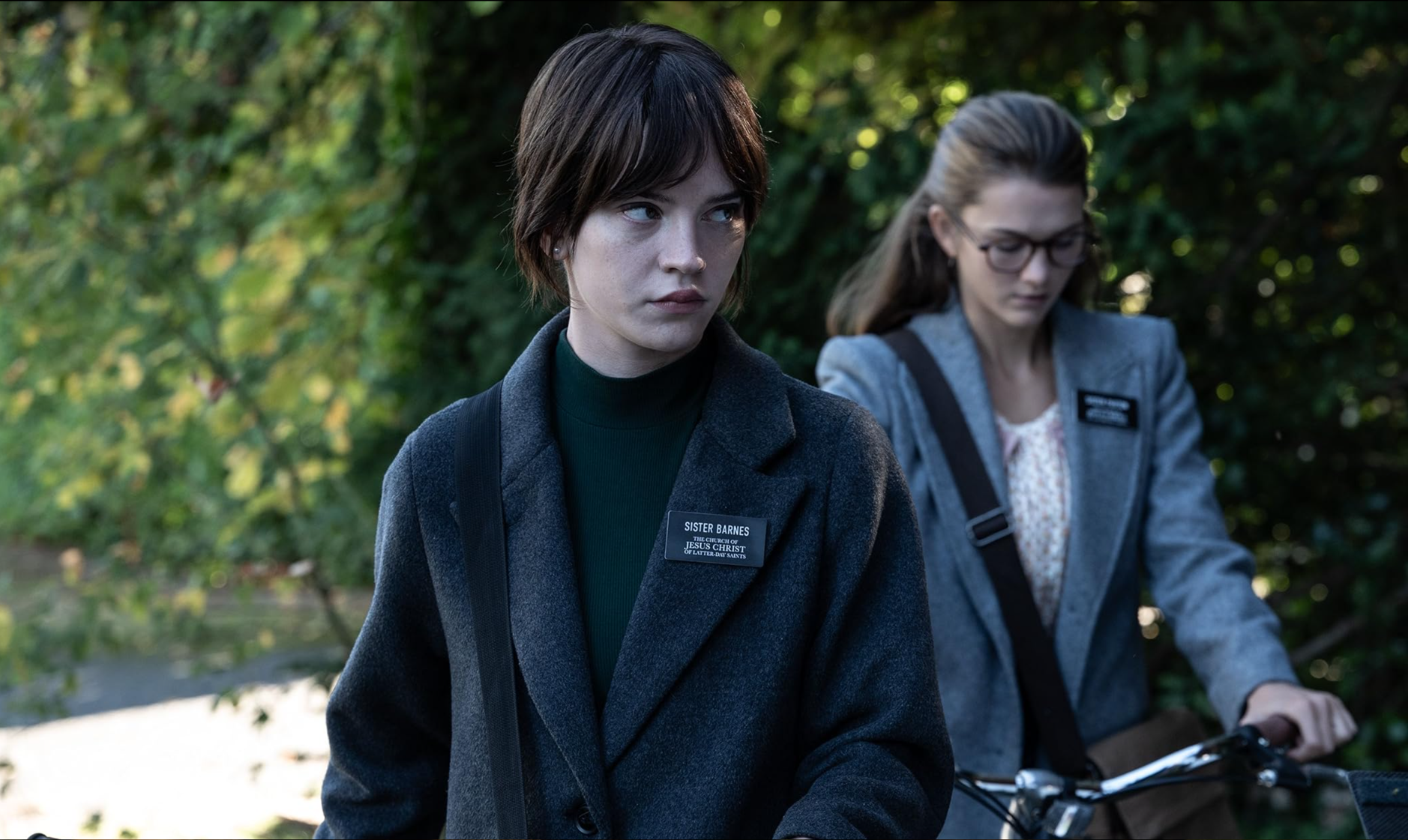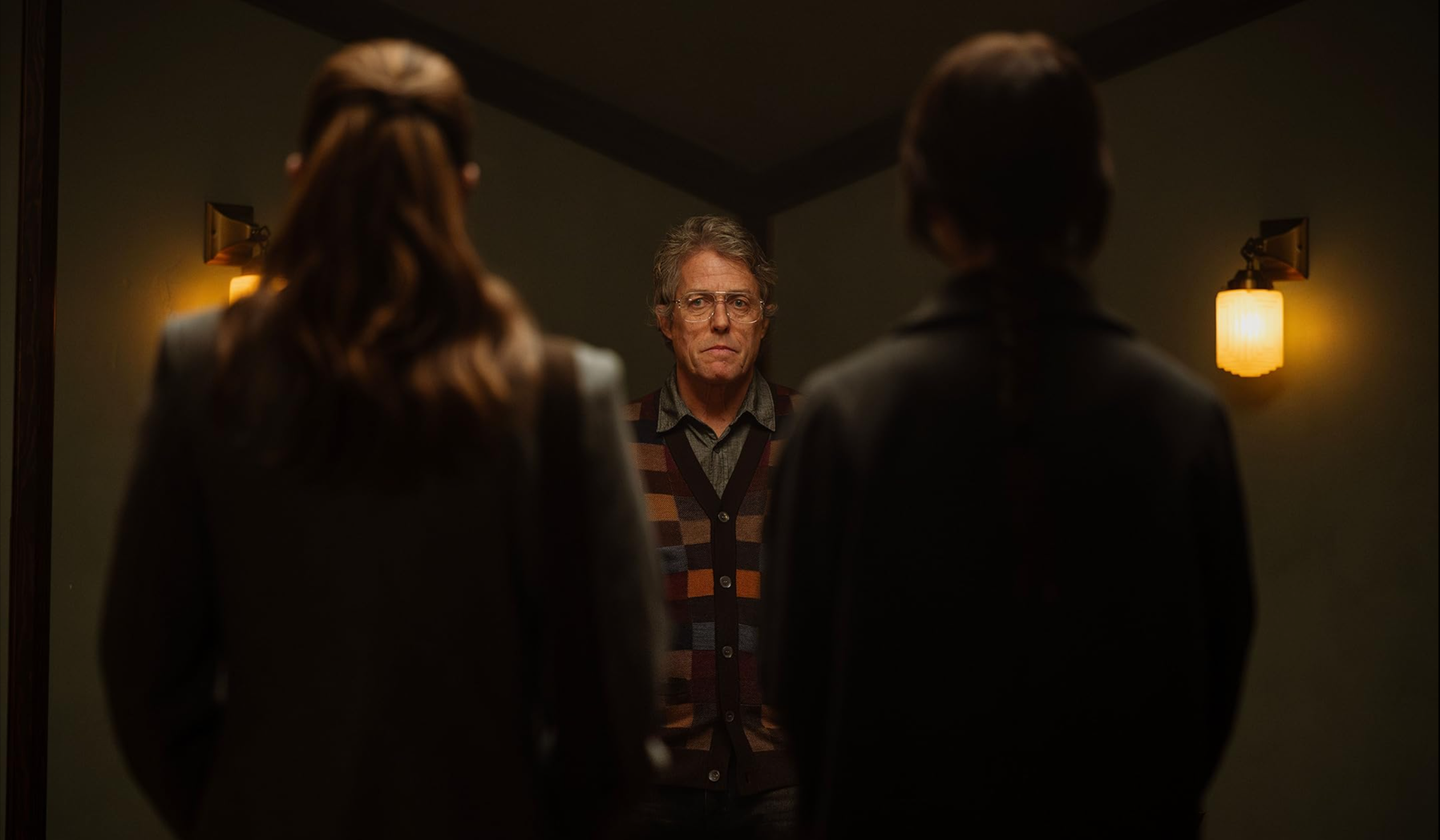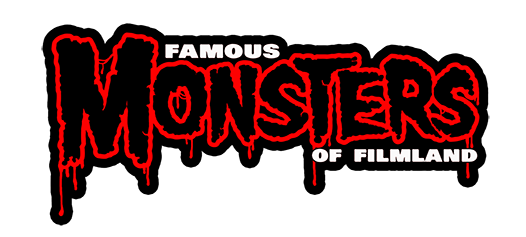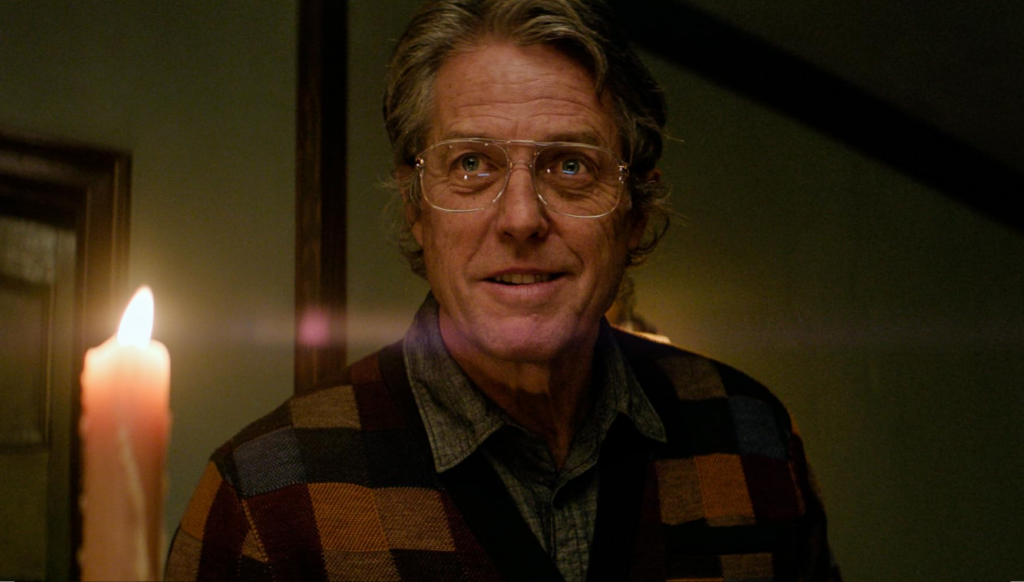Heretic (2024), directed by Scott Beck and Bryan Woods, is a psychological horror-thriller that drives viewers into the tangled labyrinth of belief, skepticism, and moral ambiguity. Known for their compelling work on A Quiet Place, Beck and Woods push boundaries once more with this eerily grounded tale. Released by A24, a studio infamous for delivering polarizing horror films, Heretic is among their rare successes, standing tall alongside Talk to Me as a testament to effective horror storytelling. Here’s why it’s worth the watch—and why Hugh Grant’s devilishly stellar performance will haunt you.
The Premise
On the surface, Heretic’s setup feels deceptively simple. Two young Mormon missionaries—Sister Barnes (Sophie Thatcher) and Sister Paxton (Chloe East)—arrive at the secluded home of Mr. Reed (Hugh Grant) under the pretense of converting a curious newcomer. But what begins as an innocent door-to-door evangelizing call escalates into a claustrophobic game of wits. Mr. Reed, a calculated skeptic with a penchant for theological interrogation, traps them in a night-long lecture on the nature of belief. The twist? Reed’s intellectual debate is underpinned by an unseen menace, forcing the two women to question not only their teachings but also their survival.
Hugh Grant’s Breakout Role as a Villain
For those who’ve followed Hugh Grant’s career, Heretic is more than just a performance; it demolishes his romantic-comedy archetype. Grant, dressed in unnerving “professor chic,” complete with outdated glasses and an overly genteel cardigan, embodies the role of Mr. Reed with calculated perfection.
Grant’s Mr. Reed is terrifying not for his overt aggression (he is physically harmless for most of the film) but for his unnervingly calm demeanor. His persuasive dialogue—layered with sly pop-culture analogies and condescending charm—becomes the sharpest weapon in his arsenal. Whether it’s comparing organized religion to a game of Monopoly or weaponizing Radiohead lyrics, Grant transforms mundane conversations into intellectual battlegrounds. It’s a masterclass in villainy tinged with moral ambiguity, leaving audiences to grapple with whether to detest him or reluctantly admire his logic.
A Dialogue-Driven Horror
Unlike traditional horror films that rely on jump scares or shock gore, Heretic evokes terror through meticulously crafted dialogue. Much like a psychological stage play, the tension lies in the verbal dissent between the characters, where every word feels like a clue—or a trap.
Beck and Woods’ writing shines in creating distinct voices for each character:
Sister Barnes (Sophie Thatcher), the worldly skeptic, complements her fiery resistance with an understanding of Reed’s manipulative traps.
Sister Paxton (Chloe East), the more naive believer, offers heartfelt vulnerability and scrambles to reconcile her faith amidst Reed’s relentless questioning.

The dialogue’s heart, however, is Mr. Reed’s unnervingly calm narrative delivery. Reed’s discussions on belief, framed as a philosophical duel, tighten the film’s grip on its audience. Beck and Woods achieve what many filmmakers can only strive for—creating horror that doesn’t scream but whispers terrifying truths directly to your psyche.
Heretic Beyond Words — The Cinematic Environment
While the dialogue is Heretic’s hallmark, the visual and sonic elements make Reed’s home as unnerving as his philosophy.
Philip Messina’s production design spins Mr. Reed’s cottage into a web of deception. At first glance, it’s cozy—a glowing fireplace, rustic furnishings—but the subtle decay of fraying wallpaper and damp corridors hides its sinister underbelly.
Sound design leans heavily on the house’s characteristic creaks, drips, and flickers. These understated elements evoke dread and imply that even the house itself may be conspiring against the protagonists.
The confined setting amplifies the film’s tension. Experiences like malfunctioning locked doors, flickering ceiling lights, and labyrinth-like hallways make each scene claustrophobic, forcing viewers to confront the suffocating truth—escape might be impossible.

A24’s Partial Redemption in Horror
“A24 gets horror almost.” That statement, frequently echoed among cinephiles, underscores the studio’s uneven success in horror storytelling. While offerings like Midsommar and The Lighthouse garnered acclaim, they also left audiences divided. Yet, Heretic places A24 back on the right path, proving they can deliver horror films that are simultaneously cerebral and accessible.
It’s important to note that Heretic’s triumph isn’t an outright condemnation of A24’s prior missteps but rather a showcase of what the studio gets right when their narratives are balanced. Here, the unsettling ambiguity of religion—a theme deeply rooted in the viewer’s psyche—is a more effective horror element than otherworldly entities or abstract dread.
Where Heretic Stumbles
Despite its achievements, Heretic isn’t without flaws. The film creates an elaborate build-up of tension but falters slightly in the third act when it reveals too much. The final resolution, though poetic, sacrifices some of the intellectual mystery for grandiose theatrics. Additionally, while the religious metaphor and dialogue are artful, they may feel repetitive or heavy-handed for audiences expecting more profound revelations.
Another shortfall lies in the underdeveloped use of the labyrinth motif. Prominent in promotional imagery but lacking significant narrative weight, it felt more like a discarded narrative thread than a fleshed-out concept.
Heretic: Final Verdict
“Beware the quiet ones,” might describe both Heretic and its antagonist, Mr. Reed. Its brilliance lies not in loud scares but in its ability to unsettle viewers through philosophical confrontation. Anchored by an exceptional Hugh Grant and brilliantly balanced performances from Sophie Thatcher and Chloe East, this is a film that favors psychological tension and moral ambiguity over easy thrills.
For fans of smart, slow-burn horror, Heretic joins the small but distinguished list of A24 winners. It’s a dare to explore the unknown and confront your thoughts about faith and belief when darkness falls.


